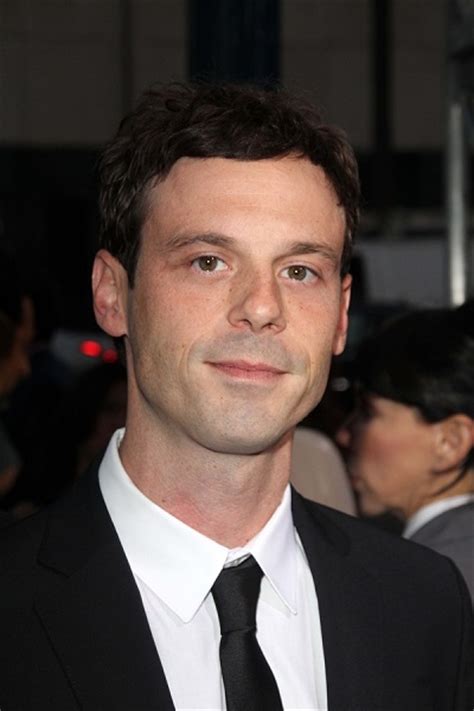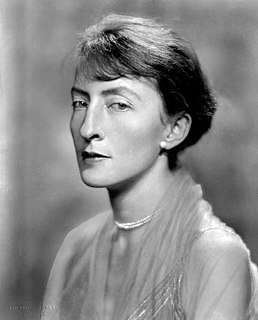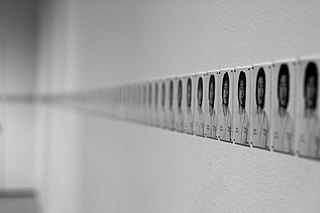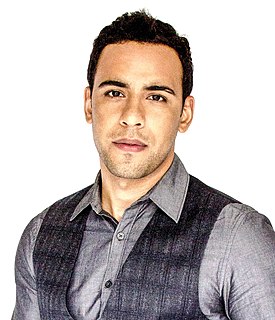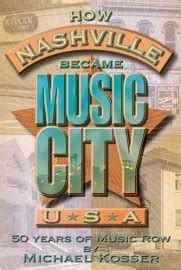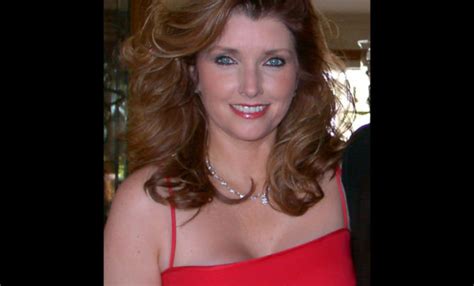A Quote by Nic Pizzolatto
You can't really judge an actor's abilities by their career, because the business is going to pigeonhole people into whatever turns a profit, and no artist is less in charge of how their work is presented than an actor, the appeal of Vince was that within a great naturalism, he can convey fierce intelligence, complex emotion, and a real warmth married to a real edge, strength and vulnerability and danger and humor. There are essential contradictions at work that makes him fascinating to watch.
Quote Topics
Actor
Appeal
Artist
Because
Business
Career
Charge
Complex
Contradictions
Convey
Danger
Edge
Emotion
Essential
Fascinating
Fierce
Going
Great
Him
How
Humor
Intelligence
Judge
Less
Makes
Married
Naturalism
People
Pigeonhole
Presented
Profit
Real
Really
Strength
Than
Turns
Vulnerability
Warmth
Watch
Whatever
Within
Work
Related Quotes
What I do is to collaborate with each actor and work one-on-one to create a character. And that is a matter of huge complexity and is a combination of a great deal of discussion and a lot of practical work. It involves a lot of consideration for the real people out there, and all kinds of sources of real people. The result is the character. But I'm not supposed to talk about what it is we do, because it's nobody's business.
It's easy to pretend 'to be fierce and fearless because living your truth takes real courage. Real fearless and fierce women admit mistakes and they work to correct them. We stand up and we use our voices for things other than self promotion. We don't stand by and let racism and sexism and homophobia run rapid on our watch. Real fearless and fierce women complement other women and we recognize and embrace that their shine in no way diminishes our light and that it actually makes our light shine brighter.
The truth is, an actor's performance is the result of work by a lot more people than just the actor. When you see that character portrayed up on screen, there is the work certainly of the actor, but there's the work of the editor, there's the work of what the camera was doing. What the music was doing, all of the above.
I think it's a real danger, as an actor, when you try to make some statement through your career about what the business should be doing or ultimately what your image should be or how you want to be perceived. I look at every project that comes along and say, "Is this something I can sink my teeth into and can do a good job on?" That's really how I choose roles.
My story about becoming an actor is a completely non-romantic one. I became an actor because my parents were actors, and it seemed like a very... I knew I was going to act all my life, but I didn't know that I was going to be a professional actor. I thought I was just going to work as an actor every now and then.
When an acting teacher tells a student 'that wasn't honest work' or 'that didn't seem real,' what does this mean? In life, we are rarely 'truthful' or 'honest' or 'real'. And characters in plays are almost never 'truthful' or 'honest' or 'real'. What exactly do teachers even mean by these words? A more useful question is: What is the story the actor was telling in their work? An actor is always telling a story. We all are telling stories, all the time. Story: that is what it is all about.
I perform in art time and in real time, and you can't tell the difference - no one knows how to separate a real act from an art act in my work. When I lived on the street for a year, people only knew that I was homeless. They didn't know that I was an artist doing a piece. I have to use real time in my work. I do, however, have to find a subtle way of documenting real time, in order for people to have a response. That means punching into a work clock every hour in the case of one piece.
Robert De Niro inspires me as a young actor; even at that age and even with that success you have to come to work fully prepared and ready to dive into it, it doesn't matter how far in your career you are. And that's what he did. It was a real wake up call for me because I know actors who let success get to their head and then it affects their work.
That is what diminishes the artist and his song. The artist is now hermetically sealed. The publishing company got him his deal and they expect to profit from his songs. So what if he is a better singer than a songwriter; let's put him in a room with a real songwriter. Something great is bound to come...except very often nothing great comes out of such contrived match-ups. Nobody knows where a great song comes from, and that's why so many writers credit the Lord as a co-writer (though I notice they never offer Him half the writer's royalties) when they come up with a real gem.
I've always loved film more than theater, and film may be more closely related to making a record because you have that ability to go in and do your work and have no judgment around it, and feel honest. Then, much later, it's presented to people. But in theater, people come backstage after a performance and you're about to do the same play again the next night, and people say, "Well, I didn't really believe that emotion" or whatever. It's really hard for me, I like to be closed up and just do the work.








